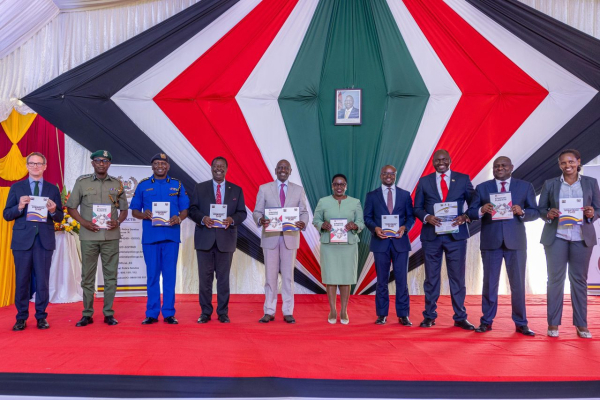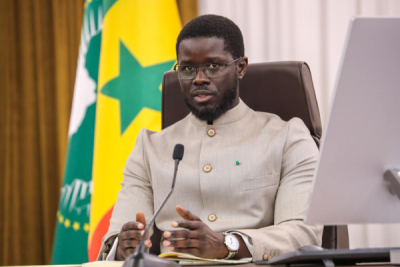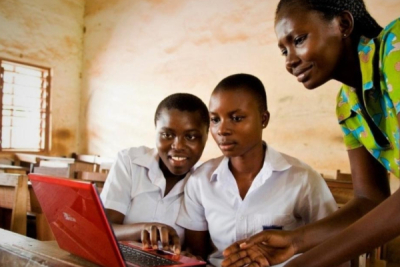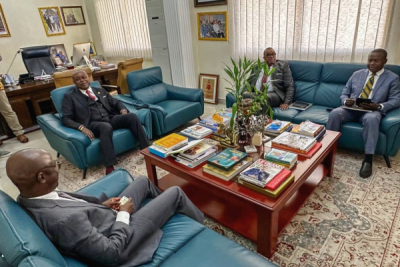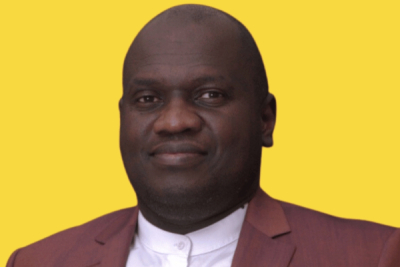As part of its digital transformation efforts, the Kenyan government aims to improve the efficiency of public services by leveraging Information and Communications Technology (ICT). The government has announced plans to digitize 80% of its public services.
The Kenyan government plans to spend 28 billion shillings ($216.6 million) over the next two years to digitize police operations as part of a broader effort to modernize the National Police Service. President William Ruto unveiled the plan last week during the launch of the 2023-2027 strategic plans for the National Police Service and the State Department of Correctional Services.
“We need a modern police service and technology is key to this. We must ensure we digitise operations, including the famous OB (Occurrence Book),” said President Ruto.
He added, “In today’s rapidly evolving digital landscape and the ability to detect, disrupt, deter, and investigate these threats depends on our capacity to operate effectively in a high-tech environment. We are taking decisive action to ensure the NPS stays ahead of emerging threats.”
This initiative aligns with Kenya's broader Digital Economy Acceleration Program. Upon taking office in September 2022, Ruto emphasized his vision to harness digital technology for socio-economic development by 2027. In addition to strengthening telecom infrastructure and improving internet access, the government aims to digitize at least 80% of public services and make them accessible via a single platform, E-Citizen.
Currently, Kenya ranks 109th globally in the United Nations Department of Economic and Social Affairs’ 2024 E-Government Development Index, with a score of 0.6314 out of 1. While this places the country above the East African (0.3903) and African (0.4257) averages, it remains slightly below the global average of 0.6382. For the Online Service Index, Kenya achieved a score of 0.7770 out of 1.
Notably, Kenya’s digital economy is projected to contribute a significant 662 billion shillings to the country’s GDP by 2028, according to the Global System for Mobile Communications Association (GSMA).
By Isaac K. Kassouwi,
Editing by Sèna D. B. de Sodji


